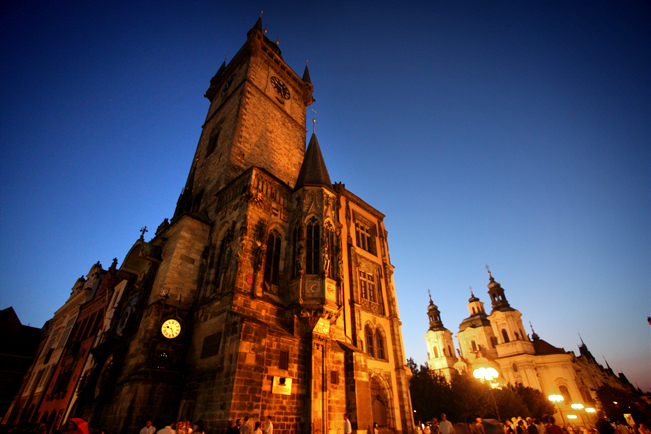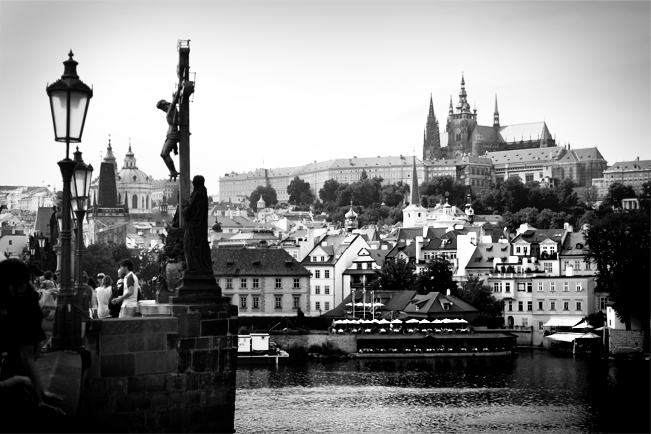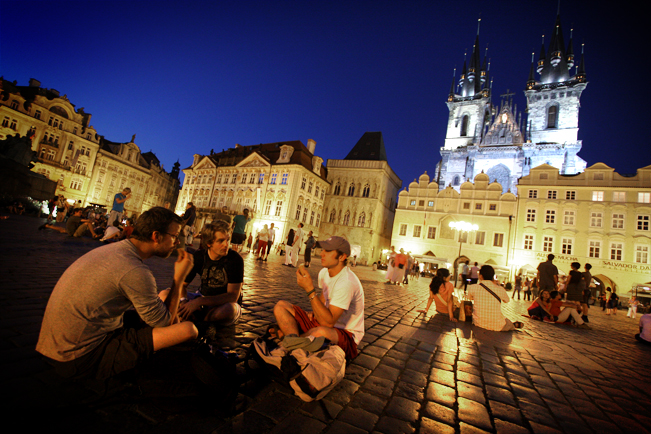Over the next few posts, I plan to do a closer reading of the Balaam story and of Balaam’s oracles than I’ve done in previous posts. Growing up in church, I of course heard the story in Sunday school, and though the felt board made it clear that the donkey was talking, it was never very clear why the donkey was talking. Nor was I taught that Balaam, the died-in-the-wool pagan, prophesied under the influence of the Holy Spirit on behalf of the people of Israel.
So to start with, who was Balaam? As an internationally known prophet, Balaam was considered an arbiter of spiritual power. Balak, the king of Moab, saw the multitude of Israel camping in his land and he feared conquest. In his fear of them, he summoned Balaam because he believed that nations rose and fell at Balaam’s word. Indeed, Balak ascribes Balaam god-like powers: “He whom you bless is blessed, and he whom you curse is cursed” (Num 22:6).
It is also clear from the story that Balaam, the pagan prophet, knew of the Lord, and more than that God talks to him. Make no mistake, it is the Lord, Yahweh, the God of Israel, who Balaam consults and it is He who answers Balaam. And God makes something very clear to Balaam. The rising and falling of nations in general, and the fate of his covenant people in particular did not lay in the words of Balaam but in the word of the Lord. It is the Lord and the Lord alone who utters the words of blessing and cursing: “You shall not curse the people, for they are blessed” (Num 22:12).
The language of blessing and cursing, so foreign to us, seems like it is straight out of a fairy story. And maybe that is no accident. Perhaps the reason the story of Balaam, particularly the part about the donkey, seems so much like a fairy story, is that blessing and cursing runs at the very heart of our understandings of good an evil, and our understanding of magic. Take Narnia, for example. Aslan’s self-sacrifice on behalf of Edmund is a deeper magic that the White Witch is powerless before. Take Harry Potter as well. Lily Potter’s self-sacrifice marks Harry so deeply that not even the death curse from Voldemort can break it. In the world of fairy tales, there is no deeper magic than love. This is the truth of fairy tales. In this sense, the covenant love of God is the deepest sort of magic there is because you cannot curse what the Lord has blessed. No amount of gold, no measure of shed blood, can purchase the cursing of God’s people. Though Israel had floundered in the wilderness, though they had consumed themselves and each other by their own murmuring, though they had rebelled in utter faithlessness, God remained faithful to them and would not remove his blessing. This is the security of covenant. To be God’s covenant people is to be a blessed people. And as people of the new covenant, how much greater our blessing, how much deeper our security, now that we have been purchased by precious blood into a covenant built on better promises.
For I am sure that neither death nor life, nor angels nor rulers, nor things present nor things to come, nor powers, nor height nor depth, nor anything else in all creation, will be able to separate us from the love of God in Christ Jesus our Lord. Romans 8:38-39



